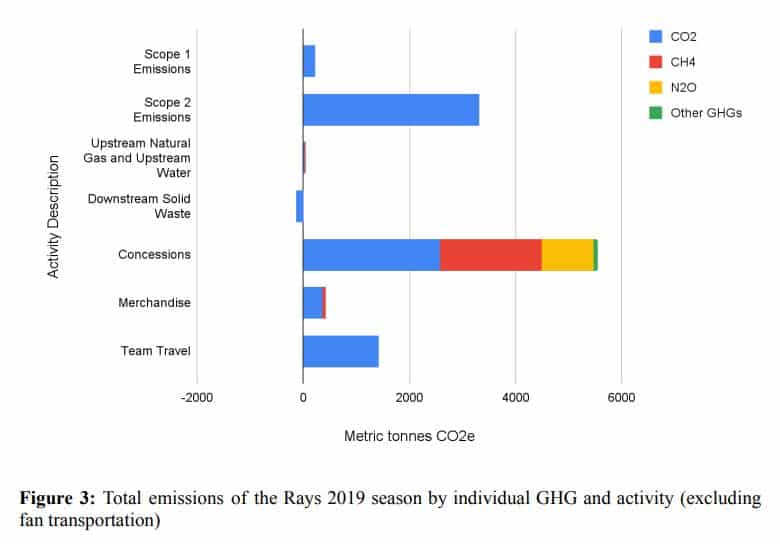1PointFive and the Houston Astros partner where the baseball team agrees to buy carbon removal credits from 1PointFive’s Direct Air Capture (DAC) plant.
1PointFive is a carbon capture, utilization and sequestration company that has a DAC plan under construction in Ector County, Texas.
Houston Astros shows fans its commitment to continuous improvement of their experience by investing in the environment.
The DAC Carbon Credits Deal
DAC is a technology that captures and removes large volumes of CO₂ directly from the air. The captured gas can then be safely stored deep underground in geologic formations.
Under their agreement with the Astros, the CO₂ captured by 1PointFive’s DAC will be sequestered in saline reservoirs not associated with oil and gas production.
DAC offers a practical solution for activities that are difficult to address like air travel.
The baseball team will use the carbon removal credits across a number of activities throughout the ballpark as they seek to achieve a carbon neutral footprint.
Marcel Braithwaite, Astro’s Senior VP Business Operations remarked on the agreement:
“We are grateful to 1PointFive for their focused commitment to carbon removal and technology innovation to support this cause…We remain committed to continuous improvement of our stadium for our fans and purchasing carbon removal credits is an important investment for us.”
In response, Michael Avery, President and General Manager of 1PointFive said:
“We are pleased to further our relationship with the Houston Astros and provide a solution to address future carbon emissions…We are excited about the opportunity that Direct Air Capture presents to help organizations reduce their carbon footprint..”
Major Sports Leagues’ Climate Footprint
Last January, the Houston Texans of the National Football League also agreed to buy carbon credits from the same DAC plant of 1PointFive. But unlike the Astros’ goal, the football team’s purpose of buying the credits is to offset their seasons flights.
A new research discovered that scheduling changes in greatly reduced climate pollution from sports air travel.
- By scheduling more games between teams in the same geographic regions, increasing the number of back-to-back contests between the same teams and canceling overseas games, America’s four major sports leagues cut emissions down by 26% per game in the regular season.
The NFL had the smallest drop in its carbon emissions at 6%, the NBA dropped its emissions by 15%, the Major League Baseball (MLB) dropped their carbon emission by 22%.
The NHL was the best professional sports league at reducing its carbon emissions from air travel. It dropped by 50% per game in the regular season in 2020 vs. 2018.
But when it comes to slashing emissions associated with stadiums, significant opportunities exist for MLB teams like the Astros.
Stadiums are using millions of gallons of water and have the same energy needs as a small city. Yet not all MLB teams have done a public-facing quantification of their environmental footprint.
A 2019 MLB team’s carbon footprint was 91,900 tonnes.
One study analyzed the Scope 1, 2, and 3 GHG emissions of the Tampa Bay Rays for the 2019 regular season. The researchers identified hotspots within the stadium’s operations, supply chains, and transportation.
Fan transport was the largest source of emissions, followed by food production for concessions.
The research team then provided a set of strategies for stadium managers to reduce GHGs and water use. They have the following recommendations where the largest reduction opportunities are possible:
- Prioritizing fan engagement to switch to more sustainable transportation modes
- Offering and highlighting more vegetarian options at concessions
But for the Houston Astros, another strategy is to use carbon removal credits from DAC to neutralize the stadium’s footprint. And like the Texans, Astros is the first baseball team to turn to carbon credits for offsetting purposes.


